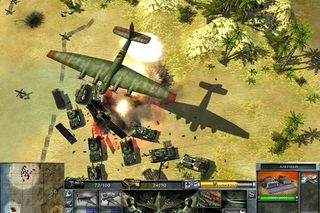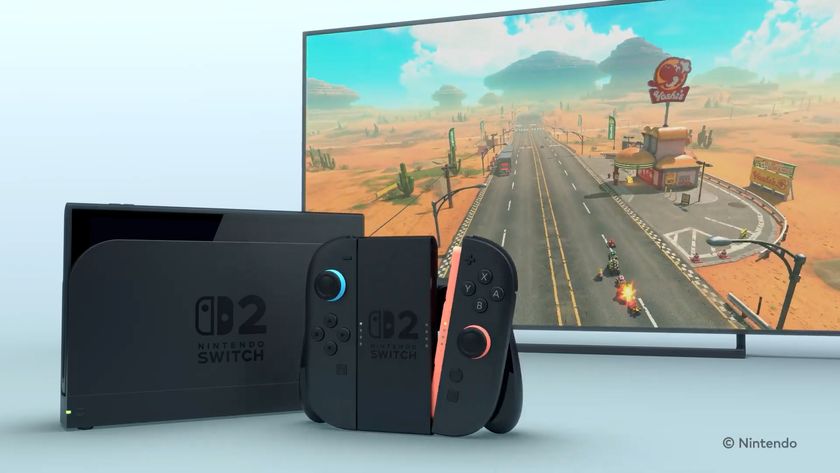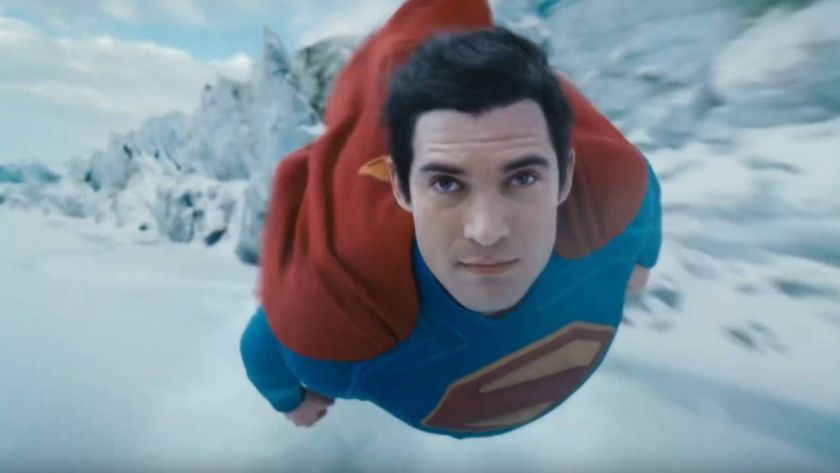Is that it?
Do gamers still want 60-hour epics? Or do good things really come in small packages?
These games are fixated on delivering a one-shot experience, and all too often you're put off revisiting those classic moments because they're inevitably lost in an ether of relentless backtracking and grinding. As marvelous as these titles invariably are, the back-of-the-box boasts of "50 hours of gameplay!" ring hollow when that translates as an absolute maximum; after all, we've probably spent more time online on Mario Kart DS than that.

Above: New Super Mario Bros
And besides that, how much of that time was spent having fun? Meandering around a green-brown field isn't gameplay, it's game labor. Too many games - not just RPGs, here - keep shoving things in to delay or even prevent your progress to the checkered flag, as if they know there's not enough there for you to want to touch it again once you pass the post.
In a recent interview, Denki managing director Colin Anderson suggested that the emphasis on scale is because it's something "quantifiable and easy to describe in print," arguing that it's no better than judging "a book by its number of pages." But it's hard to bemoan this attitude when so many "short" games are woefully misinterpreted by the audience. You might be able to reach the final level of New Super Mario Bros before it's been rung through the shop till, for example - but even now, do you have every last coin? Do you really? Each level is crafted with a love and care that demands repeated play and it's debatable whether making it any bigger would be of any tangible benefit. It's not like the game's so small that you can remember every curve and pipe of, say, level 6-2 by heart anyway.
Sign up to the 12DOVE Newsletter
Weekly digests, tales from the communities you love, and more

"If it can run on Steam Deck, it can probably run on Switch 2": Ex Nintendo marketing leads say Baldur's Gate 3 and Elden Ring prove there's a market for big AAA games on Switch 2

Here are my biggest Nintendo Switch 2 Direct predictions as the rumor mill kicks up questions about the console's price, launch lineup, specs, and more










